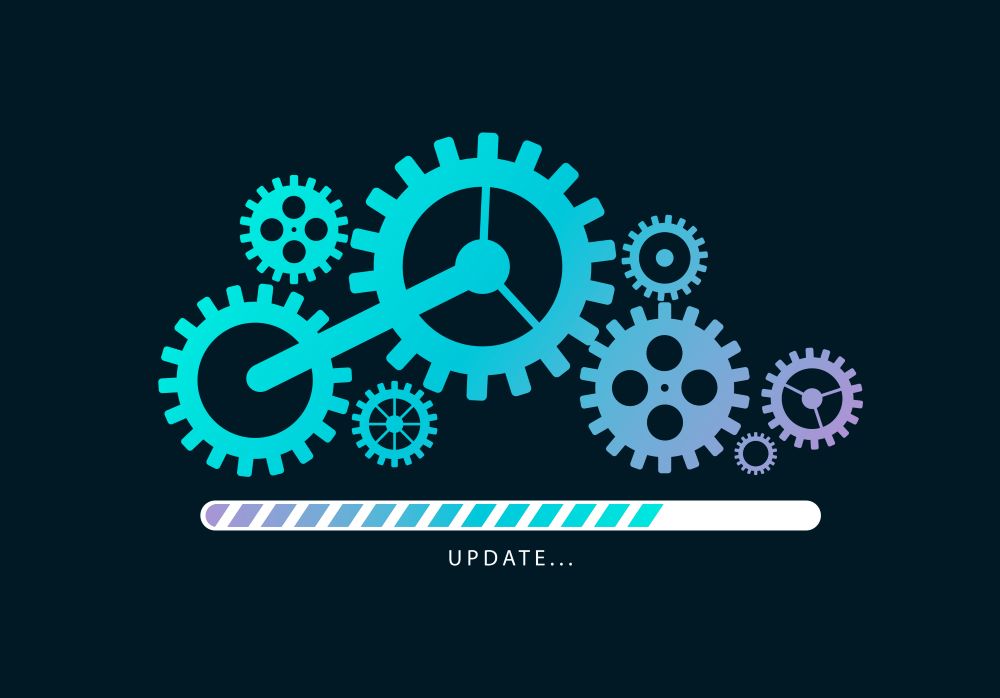We’ve already established the difficulties of going through a selection process of CRM solutions available out there. From features to costs and integration capabilities – there are so many details to pay attention to. And even after all of it, there is no guarantee that you are getting the optimal software for your business. Why? Because choosing a CRM is only the first challenge. Proper implementation is just as important as the choice you make. And so, you need to be able to properly evaluate your CRM implementation success in order to understand if there is room for improvement. In this article, MoversTech is here to walk you through the process of monitoring that implementation.
3 steps to help you evaluate your CRM implementation success

From lack of training and data flow to hidden costs and dashboard usability, there are many ways in which the perfect CRM can fail due to bad implementation. When you go ahead and buy or build CRM software, nobody can guarantee a smooth implementation of it. That is why it is so important to keep a close eye on the entire process. Luckily, there are some straightforward ways to keep track of the entire process and to measure the success of it. So, here are three simple focus points that you can use to navigate through the task of implementing your CRM solution:
1. Stick to the basic stages
There are really three very fundamental stages when it comes to the implementation of your CRM software:
- User training & support
- Data migration
- Testing
Incorporating this kind of software is not like installing an app. It takes time to lay the foundation for the system, build it up into something solid, and include everyone in the process. That is why you need to take it one step at a time. You start by outlining the potential weak points and risks during the implementation process. You then consult with the CRM software provider or creator, to get the insight you need on what issues you can expect, based on their experience.
Once you have all this data, you need to plan out a gradual way of introducing the new software to your staff, one department at a time. Only by taking a progressive and strategic approach will you be able to monitor the shifts in responses from each of your teams. And it is through that understanding and clear communication that you will be able to spot any risks and remove them from the equation.
Training & Support

User adoption is one of the clear indicators in terms of evaluating your CRM implementation success. The more struggle your employees have with using a CRM, the higher the risk of losing out on productivity will be. That is why training plays an important role in CRM implementation success. Having a proper training course in using this type of software right from the start is a clear path to success. On the other hand, any additional training sessions and support are clear signs that something is not going as it should.
A good way to avoid this kind of issue would be to get supplementary support materials from your CRM provider, such as:
- step-by-step guides;
- webinars;
- videos.
The proof is in the pudding – or data
The majority of CRM users agree that using such software offers better access to customer data, higher chances of conversions, and more sales, in general. When you have clear claims and examples from other CRM users that they are seeing a difference since the implementation, it is a clear sign that the issue is not with the CRM itself. That is why it is important to constantly track and keep your database up-to-date.
Reviewing your CRM implementation means taking the time to gather and analyze the data you have there. A high standard of data input signifies that users are not only engaging with the system but taking care of their processes which is a promising sign that your CRM implementation has managed correctly.
Testing the waters
When you see something not working out for your business, you don’t sit back and watch it unfold. Instead, you want to find ways to improve the entire process, to find alternative solutions and innovative ways to get it to where you need it to be. That is where testing the ways in which you implement your CRM can come in handy. Different companies take different approaches to introduce such a complex platform to their workflow. If you see one approach lacking in results, you need to adapt and switch to a different approach.
2. Be on the lookout for any hidden costs of CRM implementation
Companies often tend to overlook the full extent of the expenses that come with the implementation of CRM software. As any good project manager knows, planning and handling the resources you have at your disposal can determine the quality of the investment you made. So, if we are talking about evaluating your CRM implementation success here, it is important to consider all the costs that come with it, from start to end:
- Cost of buying/using the CRM;
- Consultancy costs;
- Training and support expenses;
- Costs of integrating CRM with your current system;
- Additional features;
- etc.
And on top of all these expenses, you still need to leave room in your budget for contingencies in cases of unforeseen circumstances. At the end of the day, having a cross-comparison between the number of resources you invested in the implementation and the ROI from your CRM will determine just how good the entire process was.
3. Establish a transparent list of metrics to track and measure your CRM with

In the end, it all comes down to the data we gather. By defining the most important metrics to help measure the performance of your CRM, you can also backtrack and analyze the efficiency of implementing it. Of course, there are many different ways to look at the overall effectiveness of your CRM, and every business will have its own set of criteria.
What you need to do during the implementation process is to make sure that your dashboard is customized in a way that focuses on the data relevant to those metrics. Of course, there are always clear signs that the implementation was good, such as:
- Increased number of sales.
- A higher level of customer satisfaction.
- Better internal workflow.
- Optimal productivity.
All in all, being able to clearly recognize and showcase the contribution that CRM had, you are also able to evaluate your CRM implementation success.
Start working on implementing your moving company CRM solution today!
As a CRM provider, our team can understand the overall need to ensure that everything runs smoothly. And this goes from finding the right solution, past implementing it, and all the way to perfecting it for long-term usage. Start consulting with our team today and secure the best software solution for your business!

